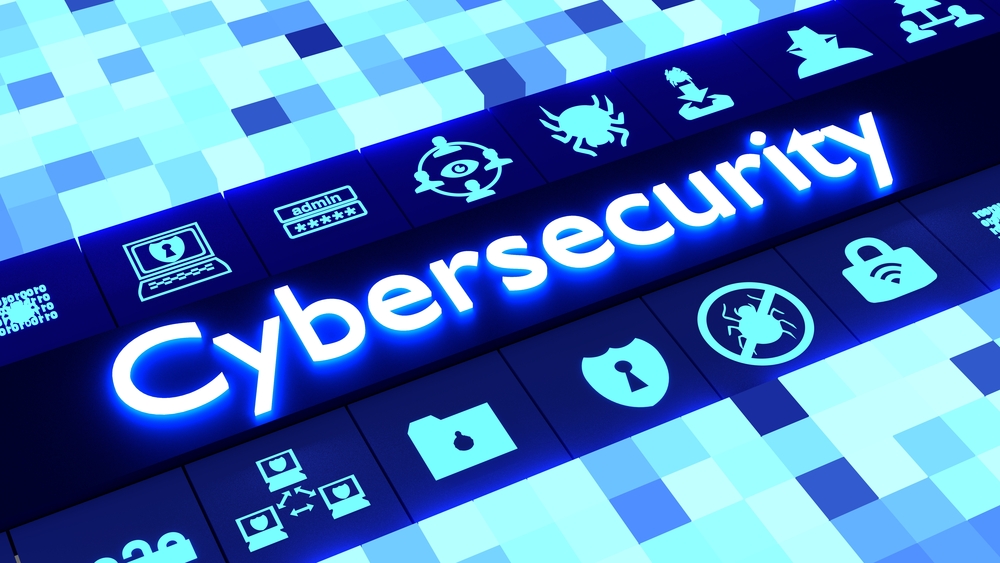While the world continues to fight the COVID-19 pandemic, an emerging issue is how criminals are devising new ways to perpetuate cybercrime.
In a sadistic exploitation of human desperation, cybercriminals are proposing a Coronavirus-tracking application that is actually intended to bait and blackmail its users.
The android-based malicious and fraudulent coronavirus ransomware application, which claims to provide updates on the virus and nearby infections, blocks access to users’ personal data and accounts and then proceeds to blackmail the victims with the threat of deletion, unless they pay USD 100 in Bitcoin within 48 hours.
There are also reports of new phishing attacks by cybercriminals claiming to be from legitimate organisations and offering information on COVID-19 pandemic in your country. There are also emails suggesting health tips on how to avoid getting infected with the virus.
These messages usually have an embedded link urging you to click. Once you click, it you are likely to download malicious software into your device, which would enable these cybercriminals to take control of your device and access your personal information leading to identity theft, credit card fraud etc.
How to recognise phishing emails:
- Most phishing emails contain grammatical errors and have generic greetings eg Dear Sir or Madam. Some may also have greetings such as “Dear Info” indicating that the email is not legitimate.
- They request for your personal information.
- If the email address appears legitimate, hover your mouse over the embedded link. Most often than not, you would notice if the website is legitimate or not. Alternatively, you can copy the link into a word document and check by “clicking edit hyperlink”
- They tell you to act on something with a sense of urgency. For example emails asking you to sign up for an online e-leaning platform before a deadline.
If you receive emails such as these, do not respond to them and delete them immediately.
We also urge media, journalists, human rights defenders and all persons in West Africa to observe the following to protect themselves against COVID-19 related scams and preserve their digital security:
- Do not download any application purporting to provide information on COVID-19. Seek updates from official authorities and trusted media sources
- Avoid ads that create urgency of purchasing a specific item that is needed in this period and has limited supply eg “Hand sanitizers at reduced cost- Buy Now, Limited Supply”. Such fake ads once clicked could download rasomware into your computer. Your credit card information could be compromised if you are required to pay with your card.





